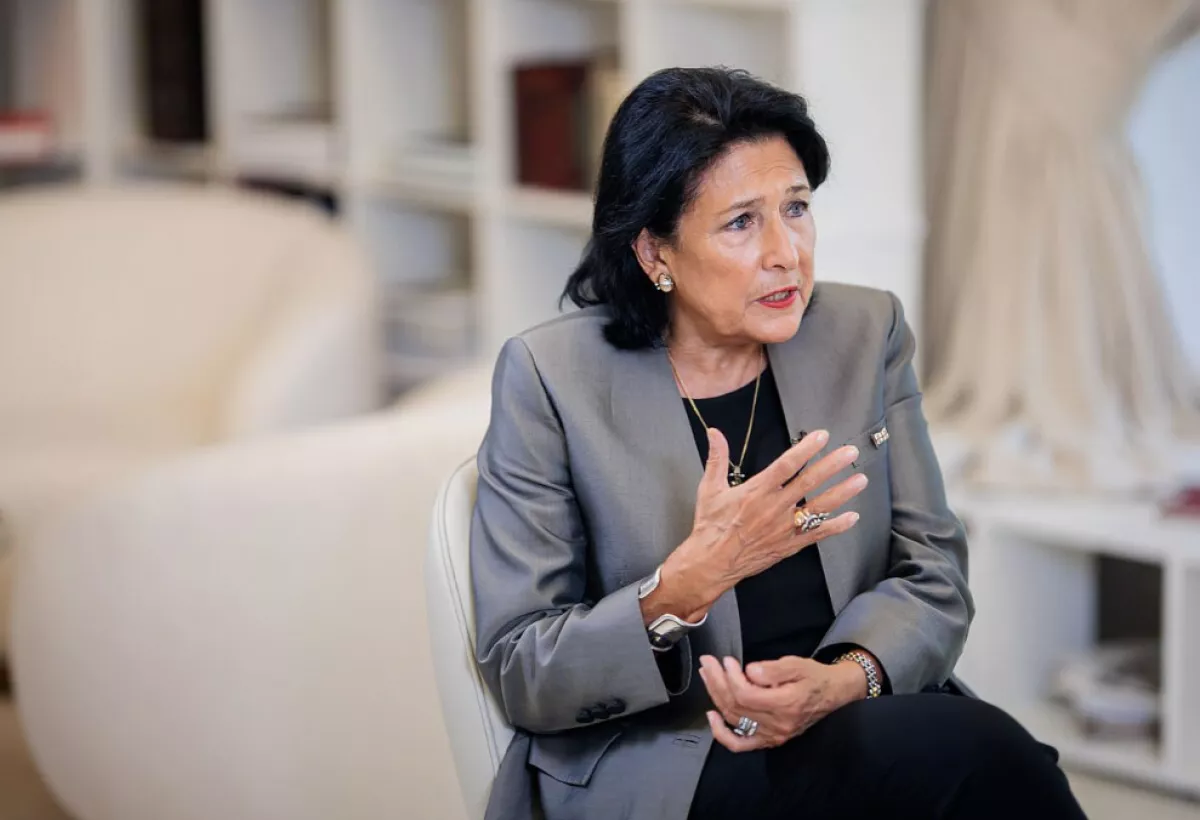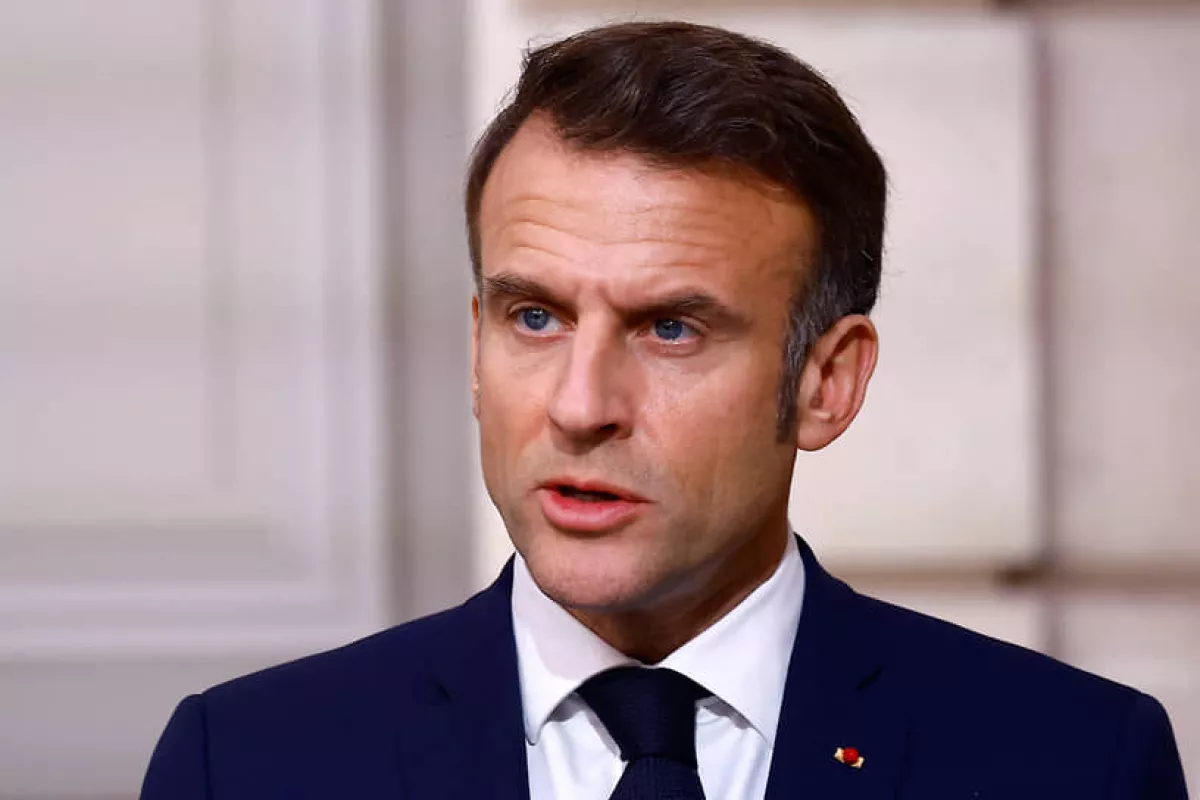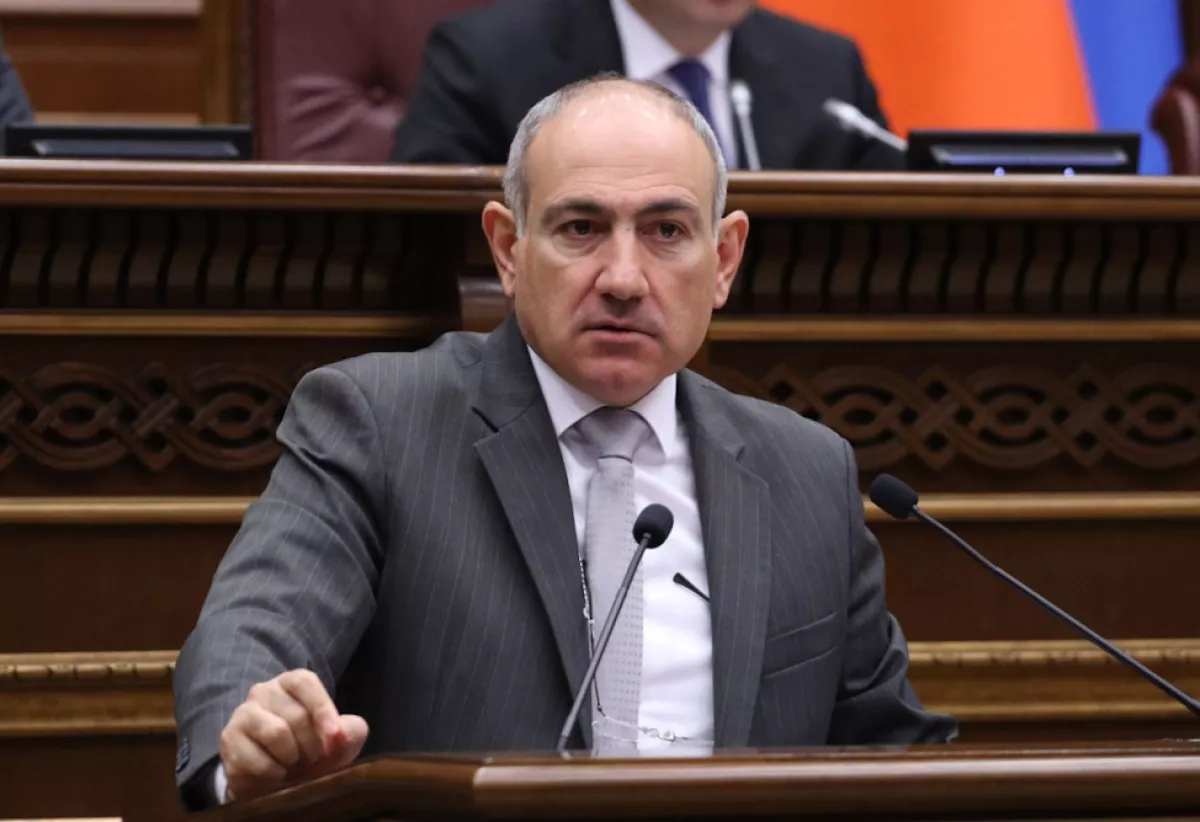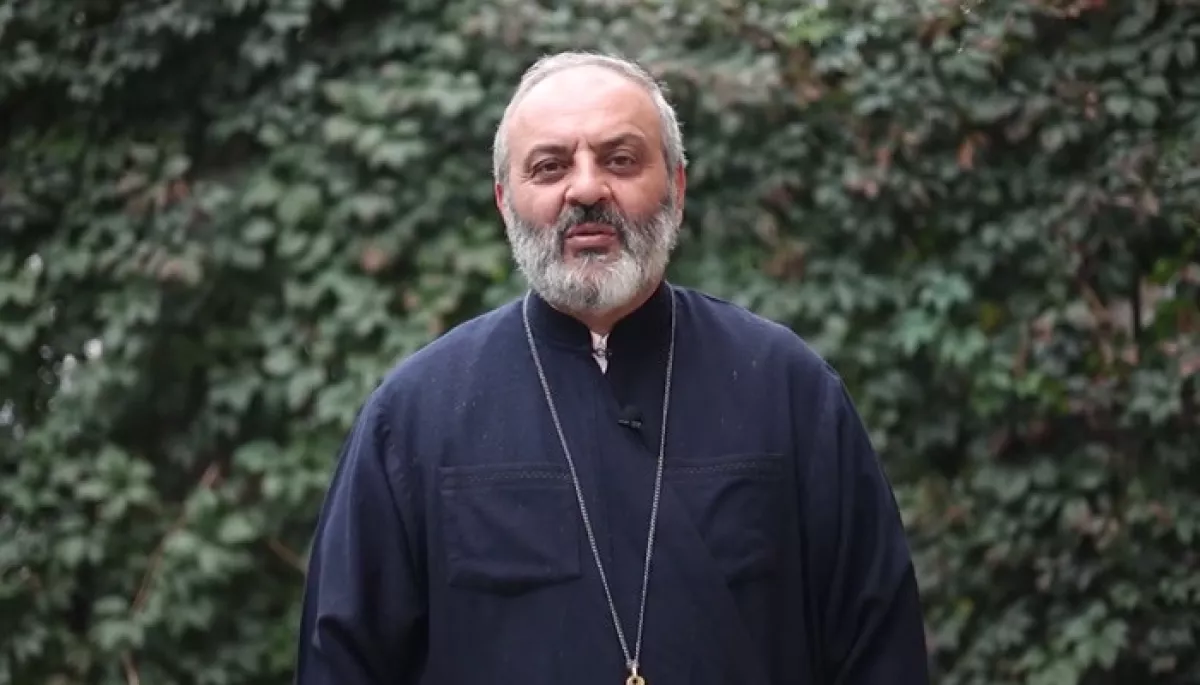Tool of revenge in Armenia and shield of tradition in Georgia Etchmiadzin in the fire of ambitions
Recent developments in Georgia and Armenia have demonstrated that religion is playing an increasingly important role in the socio-political life of these countries. In particular, the Georgian Orthodox Church (GOC) has stood in defence of traditional and family values, preventing external interference in state affairs and the erosion of national identity.
The GOC, which has consistently opposed dragging the country into geopolitical adventures—including the opening of a “second front” in the context of the Russia–Ukraine conflict—has played a significant role in preserving civil peace and strengthening good-neighbourly relations with neighbouring countries.
During the tense days following the parliamentary elections, when the pro-Western opposition organised protests and attempted to provoke violence, and then-president Salome Zourabichvili called on minors to join the rallies, the GOC’s position helped avert tragedies. The Patriarchate of Georgia condemned such calls, describing the agitation in schools and pressure on school administrations as outrageous.

At the beginning of 2024, Salome Zourabichvili made unfriendly remarks about the GOC and Catholicos-Patriarch Ilia II, stating: “The situation with the Church is very difficult, and this is largely due to the weakness of the Patriarch.” In essence, she expressed hope for the death of the GOC’s spiritual leader and the election of a “pro-Georgian and pro-European Patriarch, rather than a pro-Russian one.”
Having lost power and the remnants of her authority, Zourabichvili seemingly decided to take revenge on the Church for its refusal to support a political coup. In a new statement, she accused the GOC of becoming a party to the “conflict between the authorities and civil society”: “It seems the Patriarch can no longer pursue his own course. This is evident from the fact that the Patriarchate is taking sides — this is clearly visible in its statements, which show it represents one side and no longer reflects society as a whole. This is a great loss for the country overall.”
Zourabichvili also claimed that the Georgian Orthodox Church had ceased to be a “pillar of independence.” These words sound particularly ambiguous coming from a former French citizen who, according to many, appeared ready to surrender Georgia’s sovereignty to leadership in Paris and bureaucrats in Brussels.
“The Church is what brought us to where we are today — the true pillar of our independence — and it’s remarkable that ‘Georgian Dream’ has managed to divide the three things that unite and strengthen society: the Church, culture, and sport. It has heavily politicised all three,” Zourabichvili added.
Thus, her harsh criticism of the GOC stems from the Church’s refusal to support her attempt at a power shift and the subsequent drag of the country into armed conflict. It is not excluded that her current statements are being coordinated with her French handlers.

It is worth recalling that France has long been perceived by many as one of the most anti-Christian countries in the West. Millions of Christians around the world were outraged by the blasphemous elements featured during the opening ceremony of the 2024 Summer Olympics in Paris.
In this context, the position of the GOC—rooted in conservative values and a firm defence of national sovereignty—stands in the way of initiatives such as the aggressive promotion of the LGBT agenda and the destabilisation of the South Caucasus, aimed at turning the region into a new zone of conflict.
While the GOC fights for stability and peace, the Armenian Apostolic Church (AAC) appears to be doing the opposite. Representatives of the AAC have contributed to the rise of revanchist sentiment in Armenia, neglecting responsibilities more befitting a Christian institution—such as strengthening the family unit, supporting the socially vulnerable, and upholding genuine spiritual duties.
Prime Minister Nikol Pashinyan’s accusations against the Armenian Apostolic Church (AAC) of “depraved behaviour” have only highlighted its estrangement from true spiritual values. Today, the AAC is perceived not as a moral authority, but as an aggressively nationalist organisation obsessed with historical myths and territorial claims.
Unlike the Georgian Orthodox Church, which maintains constructive relations with the authorities, Armenia faces a sharp confrontation between Pashinyan’s government and the AAC. Pashinyan accuses the Church of undermining national interests, while Etchmiadzin sees the government as a threat to its influence.
Issues of morality within the AAC—particularly violations of celibacy vows among bishops—have become tools for political attacks.

Prime Minister Nikol Pashinyan stated that Armenian churches resemble “storerooms piled with junk.” He published a post using profane language directed at church hierarchs and accused one of them of sexual promiscuity.
Pashinyan demanded that those who violated their vows be defrocked and proposed reforming the procedure for electing the head of the Armenian Apostolic Church (AAC), giving the state the decisive vote. His wife, Anna Hakopyan, supported the initiative, calling Garegin II “the chief mafioso” and the hierarchs “the country’s main pedophiles.”
On June 2, 2025, Etchmiadzin responded with an official statement, calling the accusations “yet another campaign by Nikol Pashinyan against the AAC, accompanied by obscene language and insults.”
The conflict between the Armenian government and the AAC is driven less by moral concerns and more by a struggle for influence.
In the past, Etchmiadzin sided with revanchist forces and the Karabakh clan, maintaining long-standing access to financial streams through associated politicians and businessmen. The loss of this resource after the change of power triggered efforts to regain influence—even at the cost of a new war.

An example of this is Bagrat Galstanyan, who organised protests in 2024–2025 against the border delimitation with Azerbaijan. Despite his clerical status, he was considered a potential successor to Pashinyan.
Etchmiadzin openly harbours the desire to restore revanchist power, even using figures like Galstanyan. Previously, the Armenian Apostolic Church’s political interference contributed to the emergence of terrorist groups and ongoing hostility. Today, with Armenia being armed by France and India, such actions could lead to catastrophic consequences.
Essentially, Etchmiadzin no longer seeks to serve Christian ideals but engages in an open struggle to regain lost power and political control, endangering peace and condemning the Armenian people to the risk of a new war and widespread disaster.
Vladimir Tskhvediani, Georgia, exclusively for Caliber.Az








